“Keep Your Priorities Clear and Goals Ahead”
A conversation with our Alum of the Month, Dr Meenakshi Gupta Gandhi, Professor of Entrepreneurship & Marketing VIPS, GGSIPU on how she maintains her mental health and tries to balance work and life.
How do you maintain a work-life balance and practice mental fitness amidst the hectic modern world?
Work-life balance is something one hardly achieves in life. You lose some and gain some. I was blessed to have been mentored by Prof. Ishwar Dayal during my early years of working as a lecturer at FIIB to do a doctorate in management. His lessons on life, work, family, and research are itched in my memory for a lifetime. My last meeting with him was about six months before we lost him. The way he asked about my work was similar to his inquiry about my family and kid. It overwhelms me to remember his piousness and teachings. This taught me a big lesson to strive hard in those very young years when the energy to multitask is higher than in middle age.
Staying near to the workplace gives me time for, reading and exercising to keep physically and mentally fit. A healthy open dialogue with my son is paramount for my mental health. The care of friends and loved ones in tough times of work, and family issues keep one strong. My daily prayers help me tackle crises in life. I have faced some both at the workplace and the family level but faith in the almighty and my friends have helped me go through those times.
Keep your priorities clear and goals ahead. Read something daily even if it’s just 5-10 pages of a book. Laugh with children around and listen to those who want to share their thoughts with you. Just be kind to everyone. Smile even at someone whom you feel works against you. It works wonders for mental fitness. Talk to God. The time you spend with God gives you courage. Remember the time when you felt it was tougher than what you faced today? Identify an elder who could mentor you. Find your friend to whom you could just talk about anything. One who accepts you as you are. Lend a helping hand to anyone in need. Small deeds of kindness bring blessings that work wonders at times you could never imagine. The world is round. Things come around for sure is my mantra.
According to you, how important is Mental Health for students & how can they improve their mental health, considering the stress they go through every day?
Mental health is paramount for everyone. This word gives a dejection to anyone. But if someone is sad, a trauma has affected sleep, fear, and filled with negative thoughts even then their mental health is at risk. The most important part is to realize and not feel isolated because you or anyone has it. Emotional outburst is a sign of bad mental health. The first thing for students is to stay away from social media for one day of the week completely and make physical fitness a part of their daily lives. The hormones released in our bodies while we exercise give us the desired state of mind where mental health issues can be kept at bay. Yoga, meditation, gardening, and games like table tennis, football, basketball, etc. of choice are good options. Simplicity in thoughts and actions is necessary and important to materialistic possessions if kept out of our thoughts and keeps us stress-free. I suggest my students sit with friends and family over tea, and meals and talk. Laughter and nature exploration are major therapies.
In today’s digital world, does social media impact the mental health of people? If yes, How?
Social media is like a silent killer of modern times, especially for the young generation. Despite various benefits, it has made our lives dependent to the extent that people face anxiety without it. Seeing Facebook, Instagram, WhatsApp, and other media makes one restless. Why can’t we just pick up the phone and communicate? It has made our relationships digital and virtual. That’s the unhealthiest part of our lives. Before we do something, we want to post it on the web for the world. If we give it a thought, does someone care, if one does, I feel the person will rather meet and share than look at social media. None posts a failure on the web. Struggles are an integral part of everyone’s life. Failures have to be embraced as much as success. The important part is to rise from the dust. Strong mental health and acceptance of loved ones are what count. Social media is of no help to encounter that phase in life. Social connections are a must for everyone but I emphasize face-to-face, verbal, and written rather than digital. The days when we sent cards, and letters brought us moments of joy upon the receipt of return letters and cards. Small acts of joy have vanished from our lives and a big culprit is social media. Let’s make an initiative to meet, greet, listen, and connect that being in the caves of scribbling on the web.
Your message to the FIIB family
FIIB has come a long way since its start in 1994. It makes me proud when someone applauds FIIB as an institution and its students. A capstone project could be introduced as a compulsory part of the curriculum so that students undertake an in-depth analysis of the industry they would like to start their career. An internship is undertaken by all B-school students mid-course, but an alternate internship if possible could be looked at in the last trimester or semester so that pre-placement offers are rising. Some B schools have reported great results from such an exercise. The students must realize that one always starts from below and that a great company to work for is a good choice. The curriculum is enriched regularly as I know of it. I always remember the Bijwasan Campus as that’s where my batch studied. Students must undertake a rural immersion to know what lies at the bottom of the pyramid. Great fortune exists there. Knots of Compassion, a journey with Jaipur rugs is one I would suggest as a start. This is an MNC export house now. Jagriti Yatra is a great one to undertake for knowing the interiors of this country for entrepreneurship initiatives. Teachers of entrepreneurship can undertake this as facilitators. Students need to be problem solvers. This is the biggest skill to develop and acquire in the journey of life.



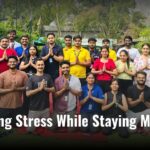
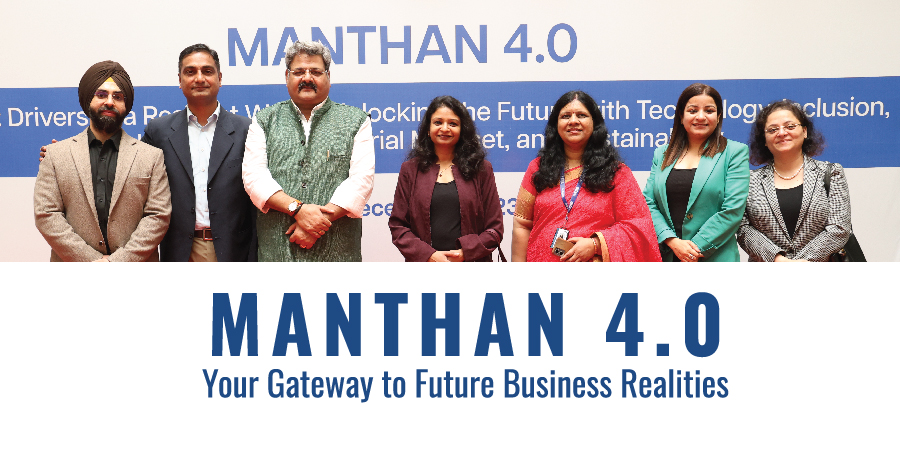
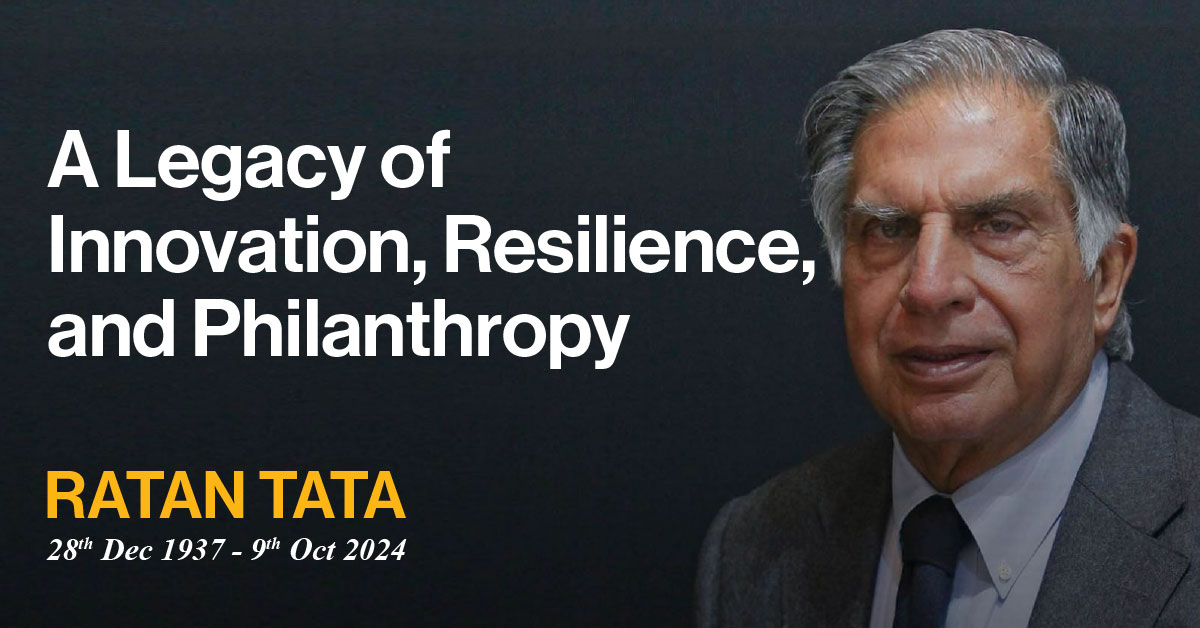
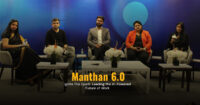



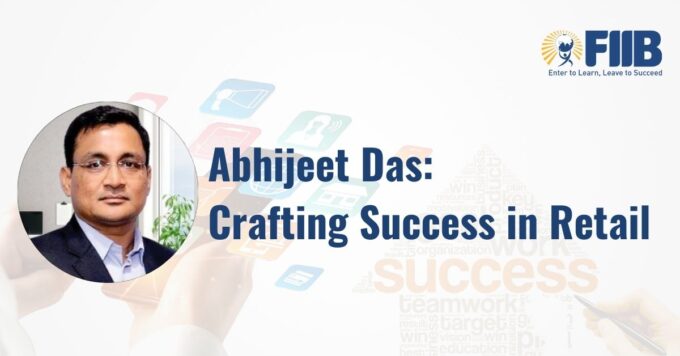
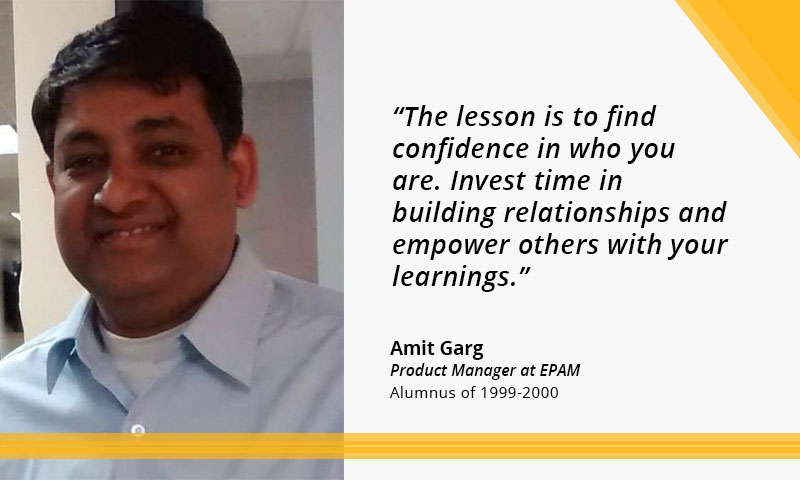



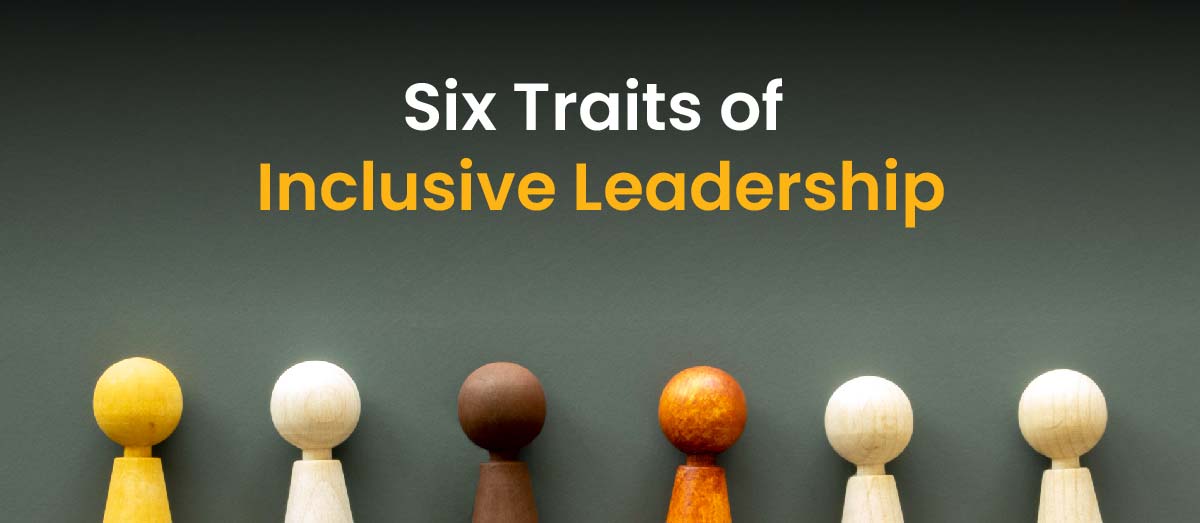
Leave a comment